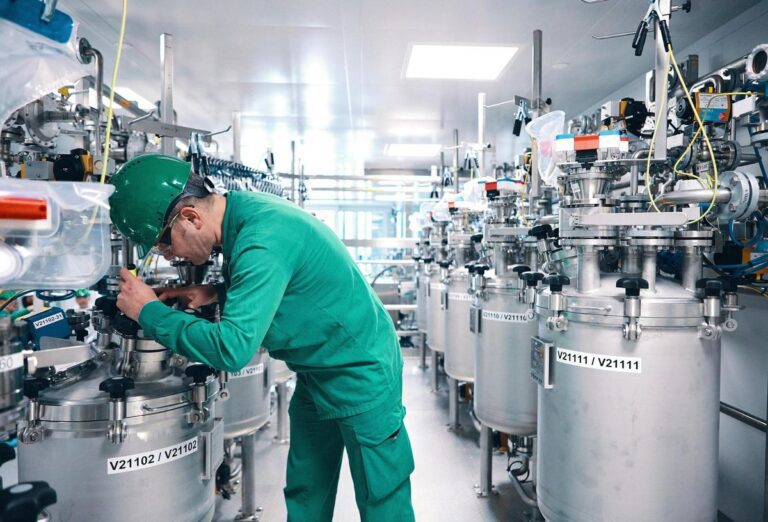Expansion of Life Sciences Manufacturing Hubs in the U.S.
The landscape of life sciences manufacturing in the United States is undergoing significant transformations as two major projects gain momentum. This surge is largely attributed to initiatives promoting domestic manufacturing, initially championed by President Donald Trump.
New Facilities Take Root
In North Carolina, biotech company Greentech is set to establish a substantial biopharmaceutical manufacturing facility in Holly Springs. This $700 million investment is expected to serve as a vital hub for biopharmaceutical talent and is projected to enhance the regional economy by $3 billion over the next 12 years, alongside the creation of 400 new jobs.
CEO Ashley Magargee emphasized the importance of a state grant aimed at job creation for kicking off this ambitious project. Additionally, Greentech has indicated that further investments could materialize, contingent on the company’s evolving business strategies and policy changes within the U.S.
Roche Expands Diagnostics Capabilities
Meanwhile, Roche, recognized as the largest biotech firm globally, is embarking on a $550 million expansion of its diagnostics facility located in Indianapolis. This site will specialize in producing continuous glucose monitoring devices and aims to bolster its existing operations as the North American headquarters for Roche Diagnostics.
This investment is part of a broader trend, as Roche has already contributed $800 million to U.S. operations over the past decade, reinforcing its commitment to domestic manufacturing.
Policy Impacts on Manufacturing Trends
Legislation is significantly influencing the trend of moving life sciences manufacturing back to U.S. soil. Planned tariffs on overseas pharmaceutical production are encouraging companies to reassess their operational frameworks. In response to these changes, the President recently urged manufacturers to relocate production to the U.S, while directing the Food and Drug Administration to expedite project approvals for drugmakers.
Major Investments and Economic Impact
This year alone, pharmaceutical giants have committed over $170 billion to domestic manufacturing, with companies like Merck & Co. making strides on a $1 billion facility in Delaware. Similarly, Eli Lilly has outlined a formidable $27 billion investment aimed at establishing four new pharmaceutical manufacturing sites across the U.S.
The timing of these developments aligns with economic shifts, as former clean energy projects valued at $8.1 billion have been canceled, creating opportunities for pharmaceutical manufacturers to leverage pre-prepared sites for development.
